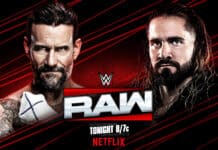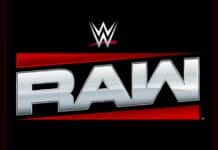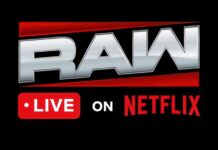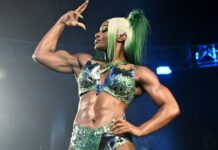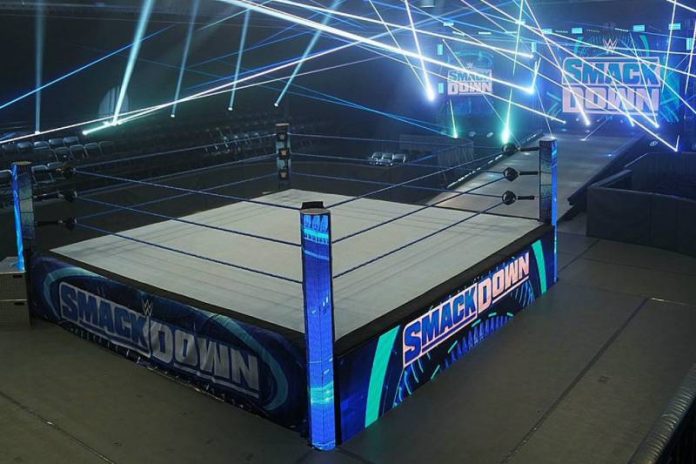
During a recent interview with Forbes, WWE Hall of Famer and AEW commentator Jim Ross commented on calling matches in an empty arena, his wife being connected to his legacy, and more. You can check out some highlights from the interview below:
On calling empty arena matches: “It’s an adjustment but not insurmountable. I turn up my headset so I’ve got some volume and then I can get lost in the monitor, focusing in on the action where the audience isn’t noticeable. Blending into the show is what’s key.”
On his relationship with his wife being connected to his legacy: “My relationship with Jan is connected to everything I’ve ever done and will do. She was my best friend, my confidant, wife, lover… she was everything. In an entertainment entity like pro wrestling – not unlike the NFL, NBA, etc. – paranoia as a performer runs rampant. There are insecurities and you’re constantly battling them. Jan was always there though – a present rock for me who believed the glass was half full, not half empty. The greatest part of my life was her and she was the biggest part of the success I had in building my career. Jan was, and always will be, the greatest coach’s wife I could have ever had.”
On developing skills as an announcer during his formative years: “For me, at a young age, my sport was always football. Those situations were me analyzing football games. How I did that was not necessarily by doing a pure play-by-play out loud, which would have annoyed everyone in my family – but it was a start. It did teach me at an early age that I had to prepare and I had to bring something to contribute. I was a voracious reader, starting when my grandpa taught me to read at age 4. By age 5, I’d read the sports section in the newspaper, pouring over stats from all kinds of games. My dad didn’t read the paper and I would read the stats out loud to him. Through that, my dad was the one who taught me how to do my first sound-bite. I remember him saying, “Don’t tell me how to make a watch, tell me what time it is.” I learned that perfecting the art of the sound-bite would be the vehicle to my end destination.”
On approaching his job as a fan of wrestling: “Being a fan is a box that must be checked. I’d venture to say that when Keith Jackson was calling college football, he loved college football. When John Madden was calling NFL football, he loved the game. It’s easy to tell that by the passion and zest in their voices. You knew they weren’t jesting you and that’s extremely important. On that night in Toronto at Wrestlemania 18, Jerry Lawler and I had the best seats in the house for the broadcast. But every now and then I had the propensity to take my eyes off the monitor and look up. Sometimes you do that and you lock eyes with a fan having the night of their life. Those things, to a legitimate wrestling fan, remind me how much fun it is to be a fan and how much fun it is to be at a live event enjoying what these guys do. That moment made me proud to be in the business. Hogan had more matches behind him than ahead of him – the crowd knew it – and it was like a reunion of a favorite classic rock band. And then you had the new kid on the block in Dwayne Johnson – and we all knew he’d be special. It all encapsulated why I was there. What I saw that night, as far as a performance was concerned, was nothing short of extraordinary. It reminded me, in an emotional way as I was surrounded by 70,000 people, that I was narrating their story. It all reminded me why I was doing what I was doing and where being a fan led me.”

